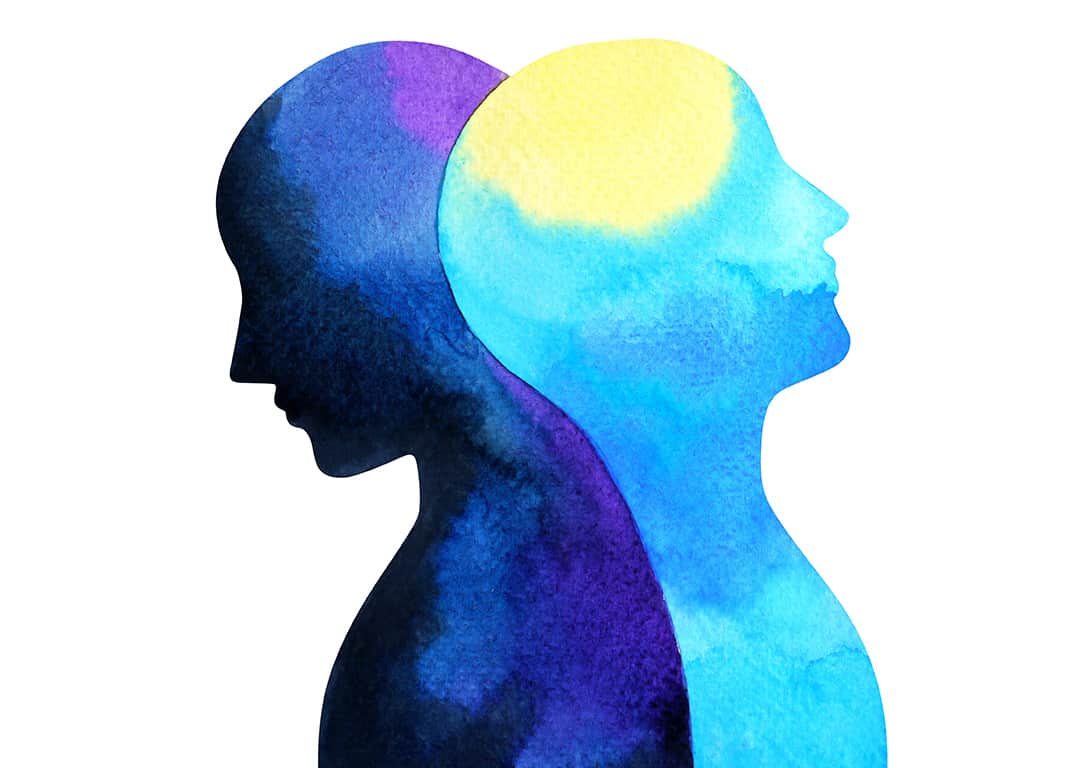ADDRESSING AND TREATING BIPOLAR DISORDER
Bipolar disorder is a common mental health issue characterized by extreme changes in mood with no apparent cause. The National Institute of Mental Health reports that nearly six million American adults suffer from bipolar. The organization also estimates that bipolar disorder results in 9.2 years reduction in expected life span, and as many as one in five patients with bipolar disorder completes suicide. For each one of these unfortunate millions, it can be a daily struggle to live, work and form healthy relationships. According to the World Health Organization, bipolar disorder is the sixth leading cause global disability. Sufferers of bipolar disorder are also at heightened risk for substance abuse and chemical dependency.
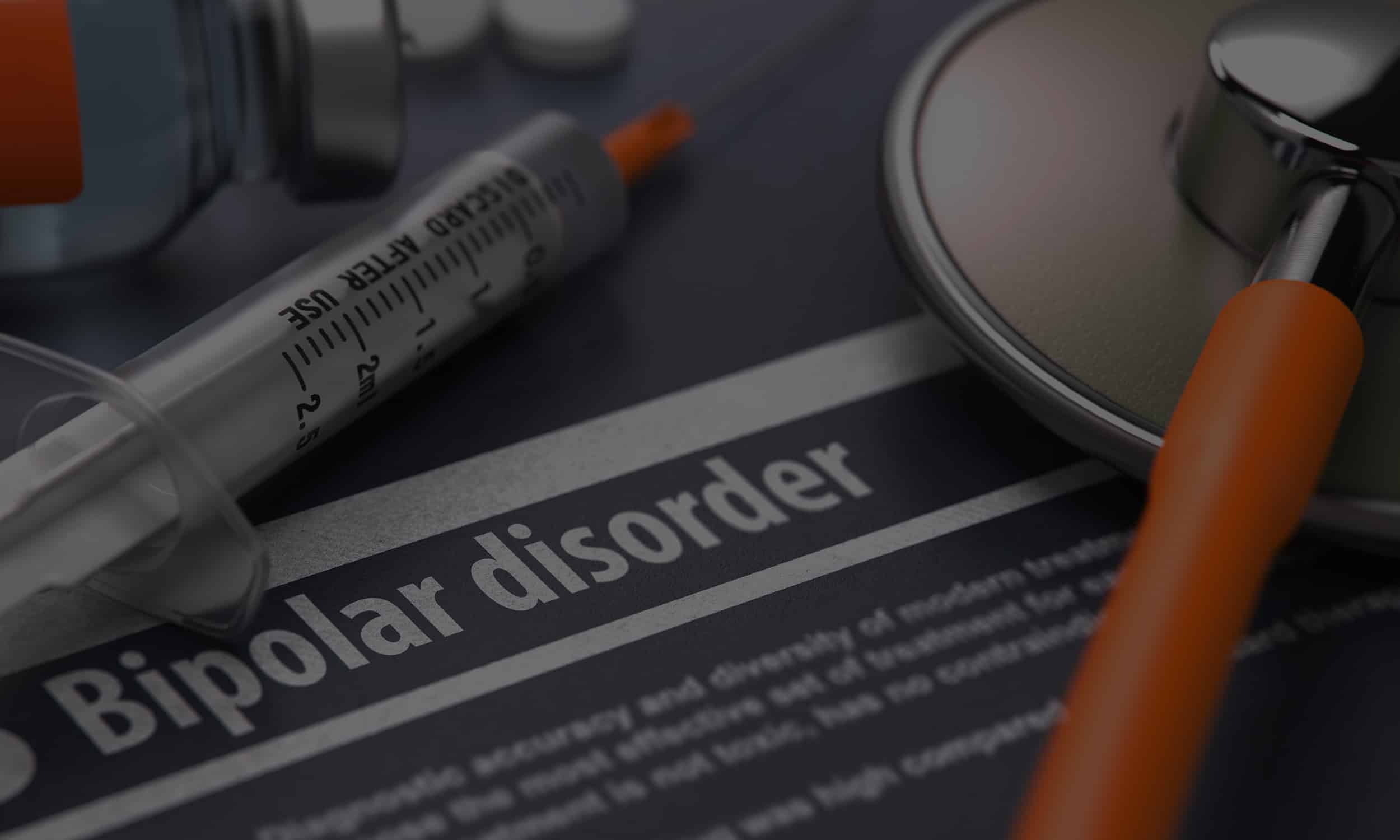
Bipolar disorder commonly manifests around a person’s mid-20s. The median age of onset is 25 years although the illness can start in early childhood or as late as the 40s and 50s. It affects men and women and is often hereditary. Over two thirds of those living with bipolar disorder have at least one close relative with the illness. If you feel that you or a loved one may be at increased risk for bipolar disorder, here are some possible signs and symptoms:
- Extreme Fluctuations in Mood
- Excess of Energy
- Increased Levels of Activity
- Jumpy or Wired Feeling
- Difficulty Sleeping
- Accelerated and Unfocused Speech
- Anxiety and Irritability
- Risky Behavior (Sexual, Financial, Etc.)
- Feelings of Hopelessness and Desperation
- Decreased Energy
- Inability to Enjoy Life
- Constant Fear and Worry
- Inability to Concentrate
- Extreme Changes in Diet
- Fatigue and Exhaustion
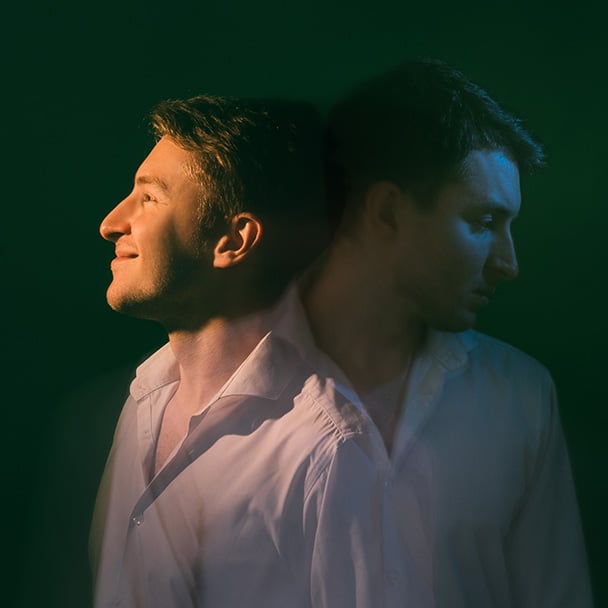
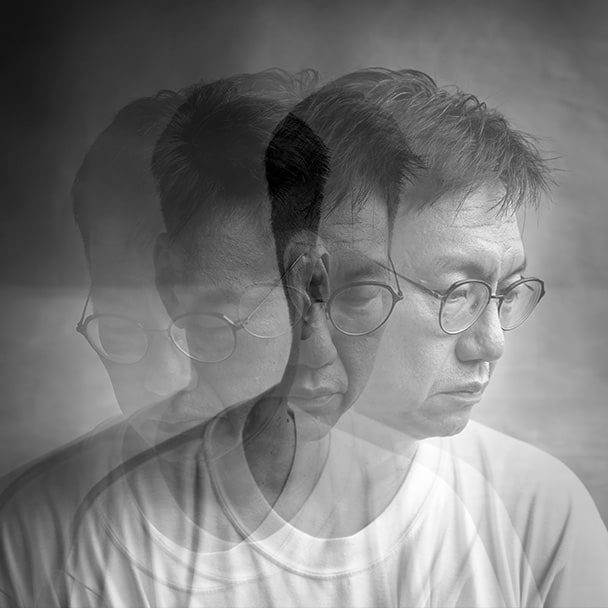
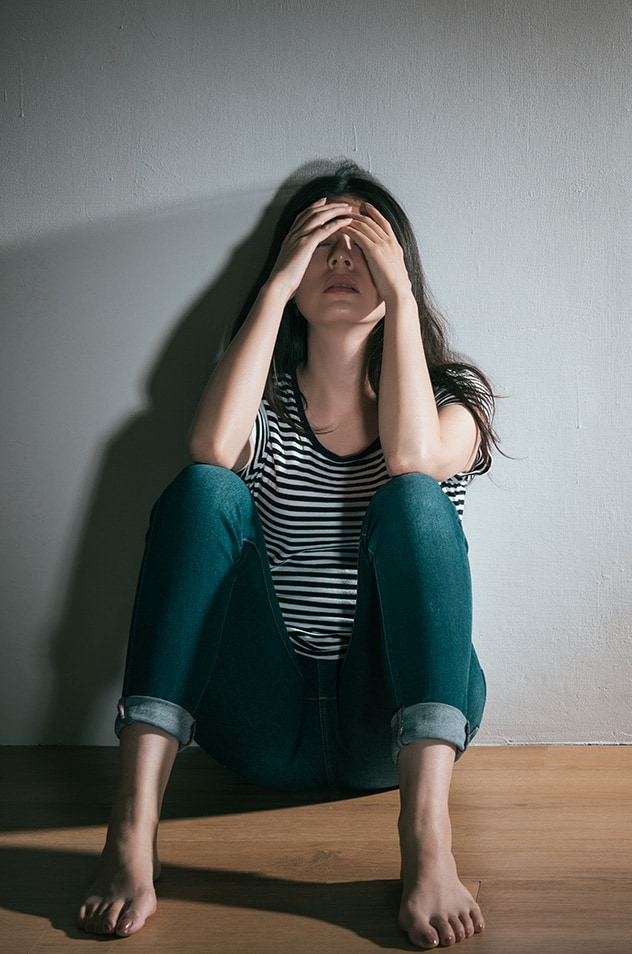
BIPOLAR DISORDER AND ADDICTION
Bipolar disorder and addiction are commonly linked. One recent study found that 60 percent of those with bipolar disorder had some sort of history with substance abuse. When one considers the strain on the brain and body caused by substance abuse, it may be easier to understand the complex relationships between these two conditions.
Possible causes of co-occurring addiction and bipolar disorder:
- Prolonged and untreated substance abuse creates significant and deep changes in the brain’s chemistry, often causing extreme fluctuation in mood and temperament.
- Those with untreated bipolar disorder very often tend to engage in high-risk behavior, including sex, violence and substance abuse.
- Fallout from bipolar episodes may lead to significant and lasting trauma, for which sufferers may self-medicate with drugs and alcohol.
- Both conditions could be occurring independent of one another.
Like any other dual-diagnosis issue, it can be hard to identify which condition is causing the other after a while. This is why it’s important that sufferers receive effective and compassionate professional treatment.
